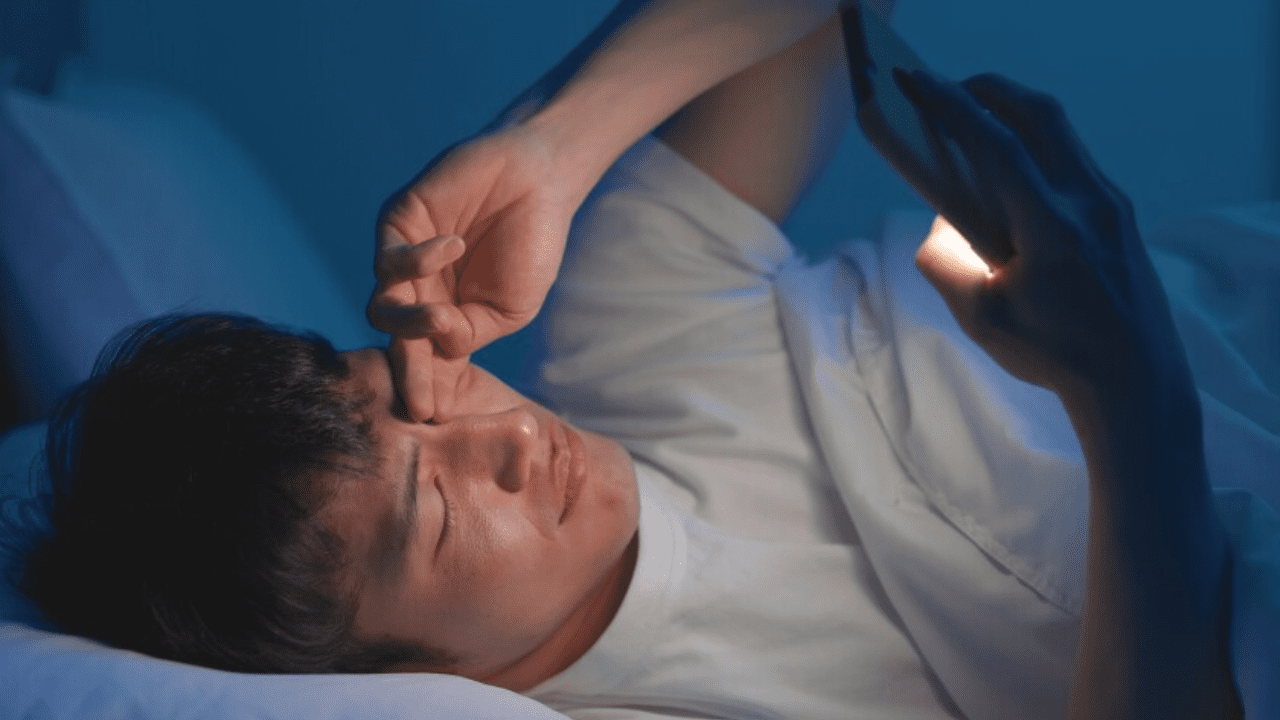A recent study reveal that individuals who tend to have later sleep are at an increased risk of developing diabetes compared to early risers.
The research was conducted by the investigators at Brigham and Women’s Hospital, a founding member of the Mass General Brigham healthcare system.
“People who think they are ‘night owls’ may need to pay more attention to their lifestyle because their evening chronotype may increase risk for type 2 diabetes.”
As Tianyi Huang, the corresponding author and an associate epidemiologist at Brigham’s Channing Division of Network Medicine
Previous research by these investigators had already demonstrated that individuals with irregular sleep schedules faced a heightened risk of diabetes and cardiovascular diseases. Moreover, those with evening chronotypes tended to have erratic sleep patterns.
In their latest study, the researchers aimed to examine the relationship between chronotype and diabetes risk while also considering the influence of lifestyle factors.
They analyzed data from 63,676 female nurses participating in the Nurses’ Health Study II between 2009 and 2017. The study encompassed self-reported chronotype, diet quality, weight, body mass index, sleep patterns, smoking habits, alcohol consumption, physical activity, and family history of diabetes. Self-reports and medical records determined diabetes status.
Approximately 11 percent of the participants identified themselves as having an “evening” chronotype. And roughly 35 percent considered themselves “morning” people. The remaining half fell into the “intermediate” category.
Are night owls at higher risk for diabetes? https://t.co/nyC2Irms8n #NightOwls #DiabetesRisk #SleepHabits #Lifestyle #Chronotype #HealthStudy pic.twitter.com/nTfYl0eTCQ
— News Medical (@NewsMedical) September 12, 2023
Before adjusting for lifestyle factors, having an evening chronotype associated with a 72 percent increased risk of diabetes. Accounting for lifestyle factors reduced the risk, but it was still significant at 19 percent. Notably, among participants with the healthiest lifestyles, only 6 percent were evening chronotypes. And from other unhealthy lifestyles, 25 percent exhibited evening chronotypes.
Individuals with evening chronotypes were more likely to engage in higher alcohol consumption, maintain a poor-quality diet, and smoke.
The study also unveiled that the association between evening chronotype and diabetes risk was evident in nurses working day shifts but not in those on overnight shifts. This suggests that personalized work scheduling might be beneficial in mitigating these risks.
Conclusion
It’s worth noting that the Nurses’ Health Study primarily consisted of white female nurses. So further research across diverse populations needs to confirm these patterns. While the study establishes associations, it cannot definitively establish causality.
The researchers plan to explore the genetic determinants of chronotype. And its potential links to cardiovascular diseases, alongside diabetes, in more extensive and diverse populations. If causality is established, this could enable physicians to tailor prevention strategies more effectively.
Also read:







